Occurrence in Science
In science, the term "occurs" is often used to describe the presence or happening of a particular event, process, or phenomenon. It is important to understand the various occurrences in different scientific fields to comprehend the natural world and its processes.
Examples of Occurrences in Science
Here are some examples of occurrences in different scientific disciplines:
- Chemical Reactions: The occurrence of a chemical reaction involves the transformation of substances into new compounds with different properties.
- Geological Events: Earthquakes, volcanic eruptions, and erosion are occurrences in geology that shape the Earth's surface and contribute to its dynamic nature.
- Biological Processes: Occurrences in biology include cellular respiration, photosynthesis, and genetic mutations, which drive the functioning and diversity of living organisms.
- Physical Phenomena: Occurrences such as magnetism, electricity, and the behavior of light are fundamental to the understanding of physics and its applications.
Studying Occurrences in Science
To study occurrences in science, it is essential to:
- Observe: Make detailed observations of the occurrence, noting its characteristics and any changes that occur.
- Record Data: Keep a record of quantitative and qualitative data related to the occurrence, including measurements, time intervals, and environmental conditions.
- Analyze: Use scientific methods to analyze the occurrence, identify patterns, and draw conclusions based on the data collected.
- Research: Conduct research to understand the underlying scientific principles and mechanisms that govern the occurrence.
- Communicate Findings: Present findings and conclusions through written reports, presentations, or visual representations to share knowledge with others.
Conclusion
Understanding and studying occurrences in science is crucial for advancing our knowledge of the natural world and its phenomena. By actively engaging with occurrences and applying scientific methods, we can gain insights that contribute to the broader scientific understanding of our universe.
.◂Science Worksheets and Study Guides Sixth Grade. Rocks
Study Guide Rocks
Rocks  Activity Lesson
Activity Lesson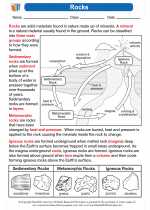 Rocks
Rocks  Worksheet/Answer key
Worksheet/Answer key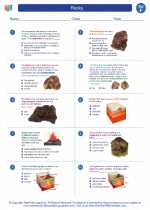 Rocks
Rocks  Worksheet/Answer key
Worksheet/Answer key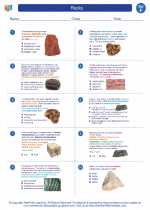 Rocks
Rocks  Worksheet/Answer key
Worksheet/Answer key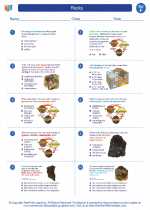 Rocks
Rocks  Worksheet/Answer key
Worksheet/Answer key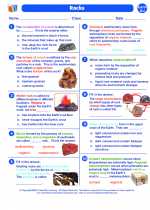 Rocks
Rocks  Vocabulary/Answer key
Vocabulary/Answer key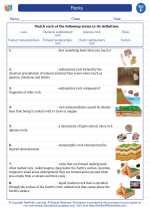 Rocks
Rocks  Vocabulary/Answer key
Vocabulary/Answer key Rocks
Rocks  Vocabulary/Answer key
Vocabulary/Answer key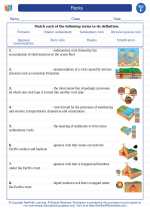 Rocks
Rocks 

 Activity Lesson
Activity Lesson
 Worksheet/Answer key
Worksheet/Answer key
 Worksheet/Answer key
Worksheet/Answer key
 Worksheet/Answer key
Worksheet/Answer key
 Worksheet/Answer key
Worksheet/Answer key
 Vocabulary/Answer key
Vocabulary/Answer key
 Vocabulary/Answer key
Vocabulary/Answer key
 Vocabulary/Answer key
Vocabulary/Answer key

The resources above cover the following skills:
EARTH AND SPACE SCIENCE
Earth’s Systems
Plan and carry out investigations that demonstrate the chemical and physical processes that form rocks and cycle Earth’s materials (e.g., processes of crystallization, heating and cooling, weathering, deformation, and sedimentation).